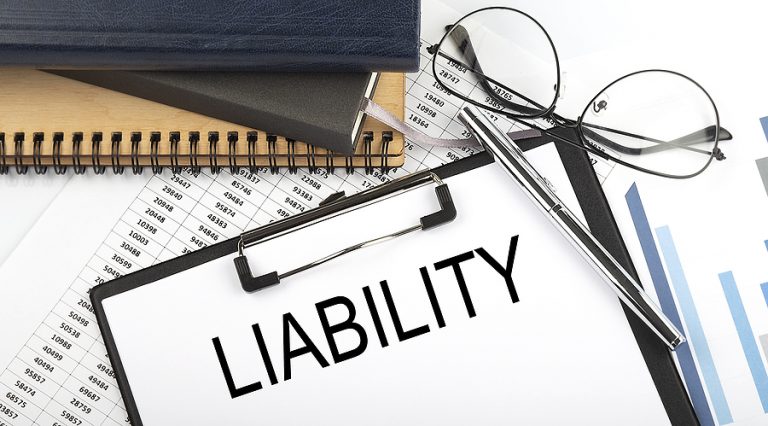3 Steps To Avoiding Premises Liability
 Michael Babboni
Premises Liability
Premises liability is the legal concept that someone who owns Florida property is responsible for exercising reasonable care to keep that property safe. If an issue with the property arises, that is ignored and results in someone getting injured, that is an act of negligence. If the negligence can be proven in court, then the property owner is legally responsible for the costs of medical treatment and other associated injury expenses.
Michael Babboni
Premises Liability
Premises liability is the legal concept that someone who owns Florida property is responsible for exercising reasonable care to keep that property safe. If an issue with the property arises, that is ignored and results in someone getting injured, that is an act of negligence. If the negligence can be proven in court, then the property owner is legally responsible for the costs of medical treatment and other associated injury expenses.Anyone that owns a home or commercial property has legal accountability in a premises liability case. But if you want to avoid this legal jeopardy, all you have to do is follow three simple steps.
Regular Inspection
First and foremost, a property owner should be vigilant about keeping on the lookout for potential problems. Remember, premises liability only comes into play if a property owner ignores a potential risk. However, if you, or the staff you hired, are proactive about checking your property, many potential hazards can be spotted early and addressed before they become a big problem.
This can mean weekly, monthly, or even just annual inspections of certain aspects of a property. Steps, for example, can always be checked to see if they are developing cracks or going crooked. Trees on a property should be inspected for dead branches. Lighting systems should always be examined, especially if they are automated to activate only at night on a timer or through triggering from a motion sensor.
Prompt Correction
The next phase is being responsive to potential risks. Injuries due to negligence only occur if a risk is present and ignored. If you discover a potential risk, such as a light fixture no longer working in a stairwell with no windows, have the lightbulb replaced as quickly as possible.
Ignoring the issue means that every day that passes exposes a property manager to potential premises liability. Eliminating the hazard eliminates legal exposure. In the same way, if there is a spill in a grocery store with slippery vegetable oil on the floor, don’t wait until the end of the day to have staff clean it up; get to the mess as quickly as possible.
Public Advisory
In some cases, a fix may not be possible right away, such as storm damage to a building that requires repair from professionals when they are available, and they slot your property into a schedule.
When this occurs, it’s always a good idea to barricade the area and put up signage warning of the risk. By pointing out to visitors that the risk is there, and they are advised to stay away from it, this absolves property owners of responsibility should visitors ignore the reasonable care you have extended them.
This also applies to quick work that may need to be done, such as cleaning up a mess in a grocery store. Put up signs where the spill has occurred and keep signage there until the hazard has been cleared out.
If you’ve been injured on someone else’s property due to negligence, talk to a premises liability attorney about the next steps you should take to ensure the people responsible are held accountable.
